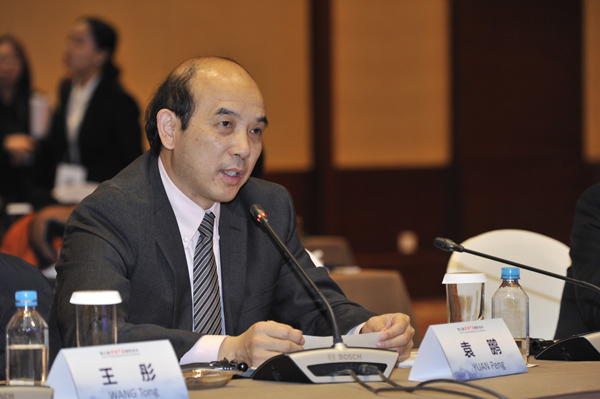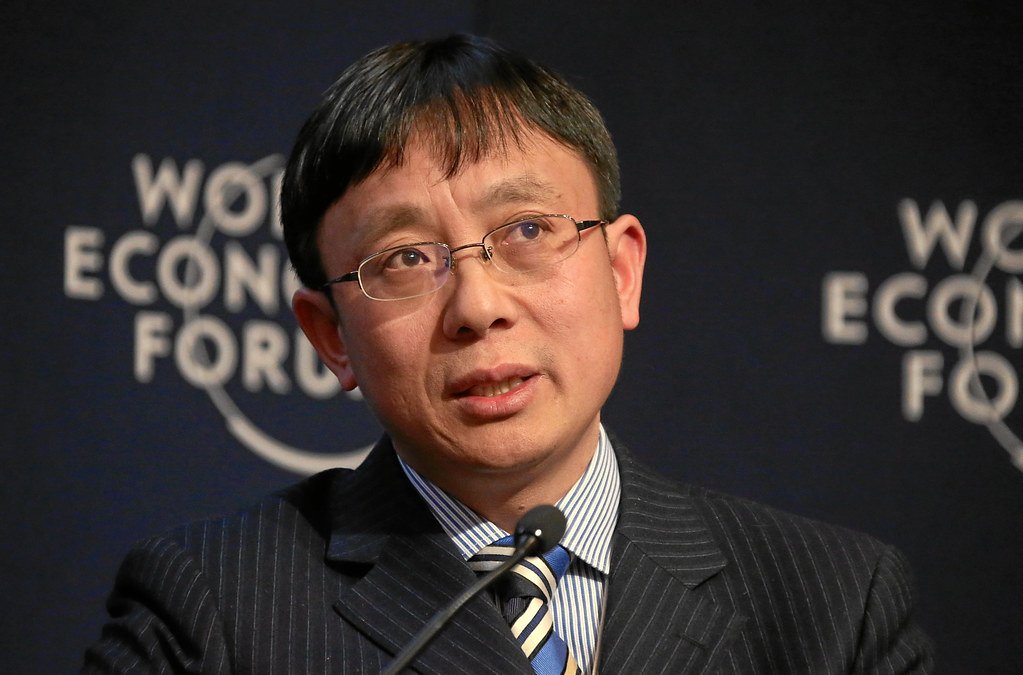
"After several years of games and conflicts, the major forces of the region have reached a point of rebalancing" - one of China's leading experts on the Middle East, Li Weijian of SIIS, provides a year-end assessment of the regional situation for Xinmin Evening News
Excerpts:
1/6
Excerpts:
1/6

"This year has seen new developments in the Middle East. After several years of games and conflicts, the major regional forces have reached a point of rebalancing. Countries have launched a series of proactive diplomatic actions to reduce regional tensions, and
2/
2/
"some countries that were previously hostile or distant from each other have begun to come closer through bilateral interactions or third-party mediation, and the regional situation has significantly improved... The new ME situation is driven by the following factors:
3/
3/
"First, the US continued strategic withdrawal, as well as the drastic changes in its ME policies under the last two administrations, have made an increasing number of ME countries believe that the US is no longer trustworthy...
4/
4/
"Second, the conflict dynamics between the two camps in the past not only caused regional division but also consumed a large amount of regional countries' development resources and hampered cooperation among countries in the field of regional development and governance...
5/
5/
"Third, in this era of great changes, geopolitical power rebalancing and readjustment are not only a product of the existing intn'l order and the rebalancing among major powers but also part of the process of ME countries returning to the region's geopolitical realities."
6/6
6/6
• • •
Missing some Tweet in this thread? You can try to
force a refresh









